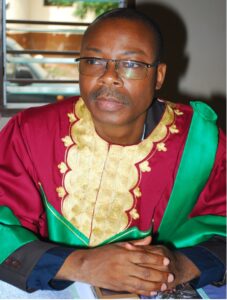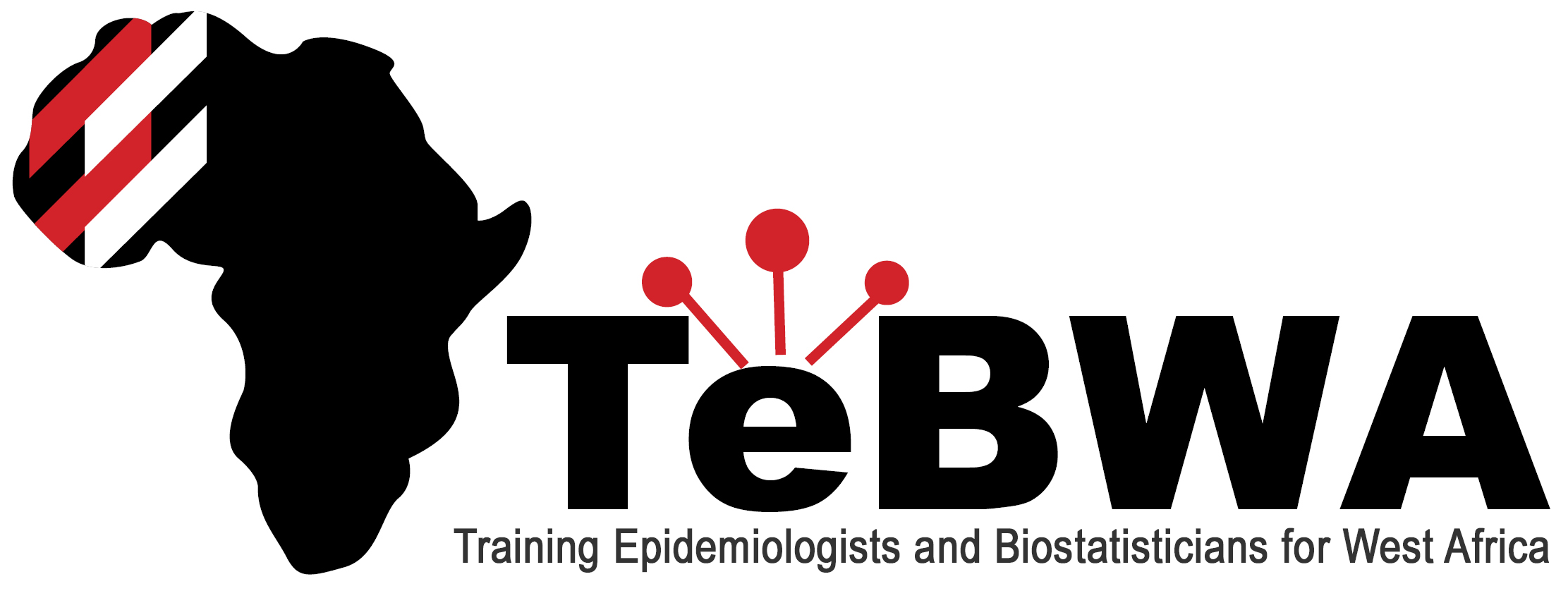
Professor Romain Glèlè Kakai is a Full Professor of Biostatistics and Forest Estimations at the University of Abomey-Calavi. He is the PI of the EDCTP2-funded project “Training Epidemiologists and Biostatisticians for enhanced response to disease outbreak and epidemic in West-Africa (Acronym: TEBWA)” (CSA2020E-3131 — TEBWA, 2021 – 2024; http://tebwa.labef-uac.org/).
As a reminder, WHO is starting in 2023 vaccination against malaria in the 117 countries where malaria is endemic. There has been a request for proposals from GAVI (Global Vaccine Alliance) and WHO through VIMC (Vaccine Impact Modelling Consortium) for the development of a mathematical model and associated computer code to predict the number of malaria cases, the number of severe cases, the number of hospitalisations, the number of deaths due to malaria and the number of days of physical inactivity due to malaria, all for each age cohort from 0 to 100 years for each of the 117 countries in the world and for each of the years from 2023 to 2100, taking into account the density of mosquitoes, the number of bites per person per year, the natural mortality rate, the birth rate, the population growth rate, the rate immigration and emigration, etc and under different malaria vaccination scenarios (Vaccine coverage, % vaccine efficacy, age cohorts to be vaccinated, booster vaccination 2 years later (booster), etc.) and the epidemiology of malaria in each country.
Prof. Romain Glèlè Kakai proposed a hybrid mathematical model that has been selected by the VIMC and he has been appointed a group Lead on Malaria modelling. It should be noted that a total of 3 models were selected. A model from an Australian and another from a Swiss. More details can be found on this link: https://www.vaccineimpact.org/2023-05-16-eight-new-groups/
He also participated to secure several other collaborative fundings aiming at building capacity of African youth in Biostatistics and infectious disease modelling in Africa. For example, he is participating to (i) the Sub-Saharan Africa Consortium DELTAS Africa II that received a Pan-African grant (funded by AU) for Advanced Biostatistics training; the (ii) the “One Health Project and Health Risk Analysis (OHARIS)” in Benin, and the (iii) INSPIRE-UAC (INnovation Santé Publique Internationale Recherche Enseignement).
Our warmest congratulations to Prof. Romain Glèlè Kakai for these milestones and best wishes.
